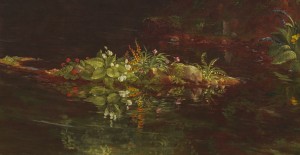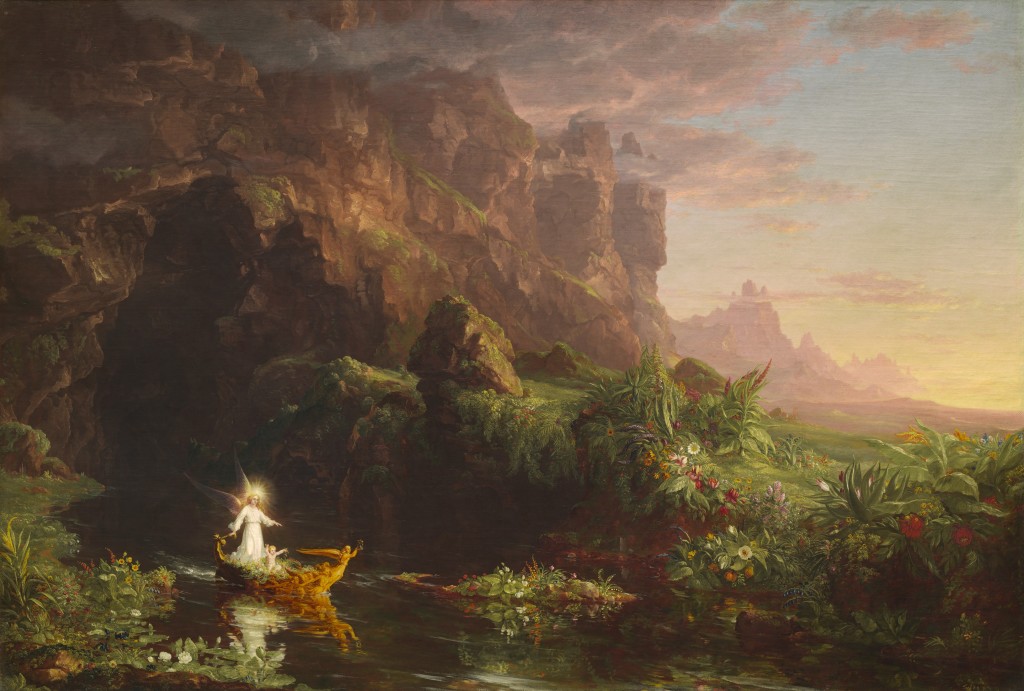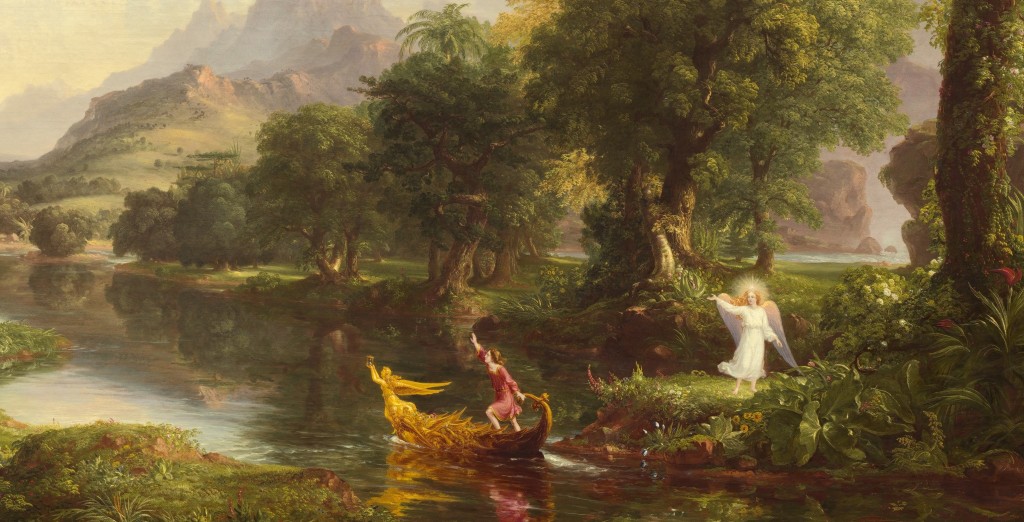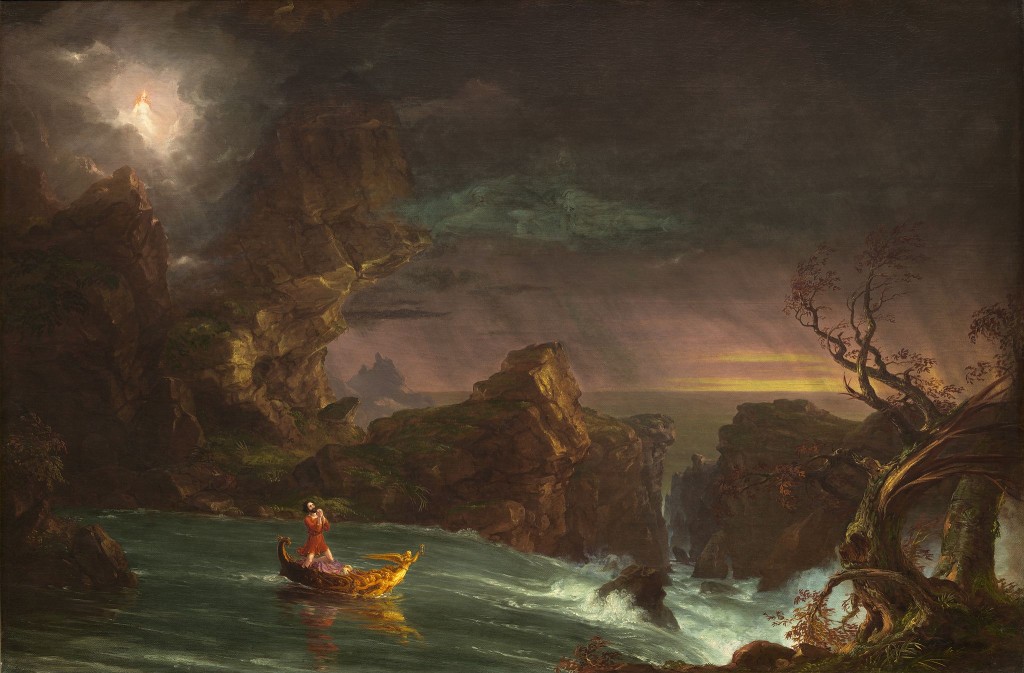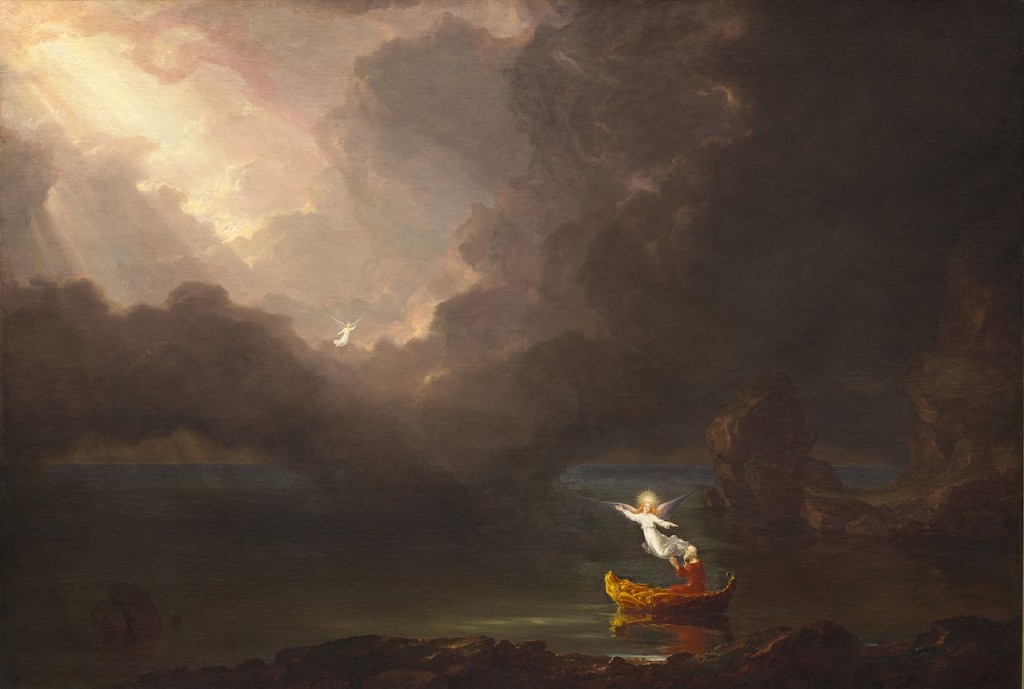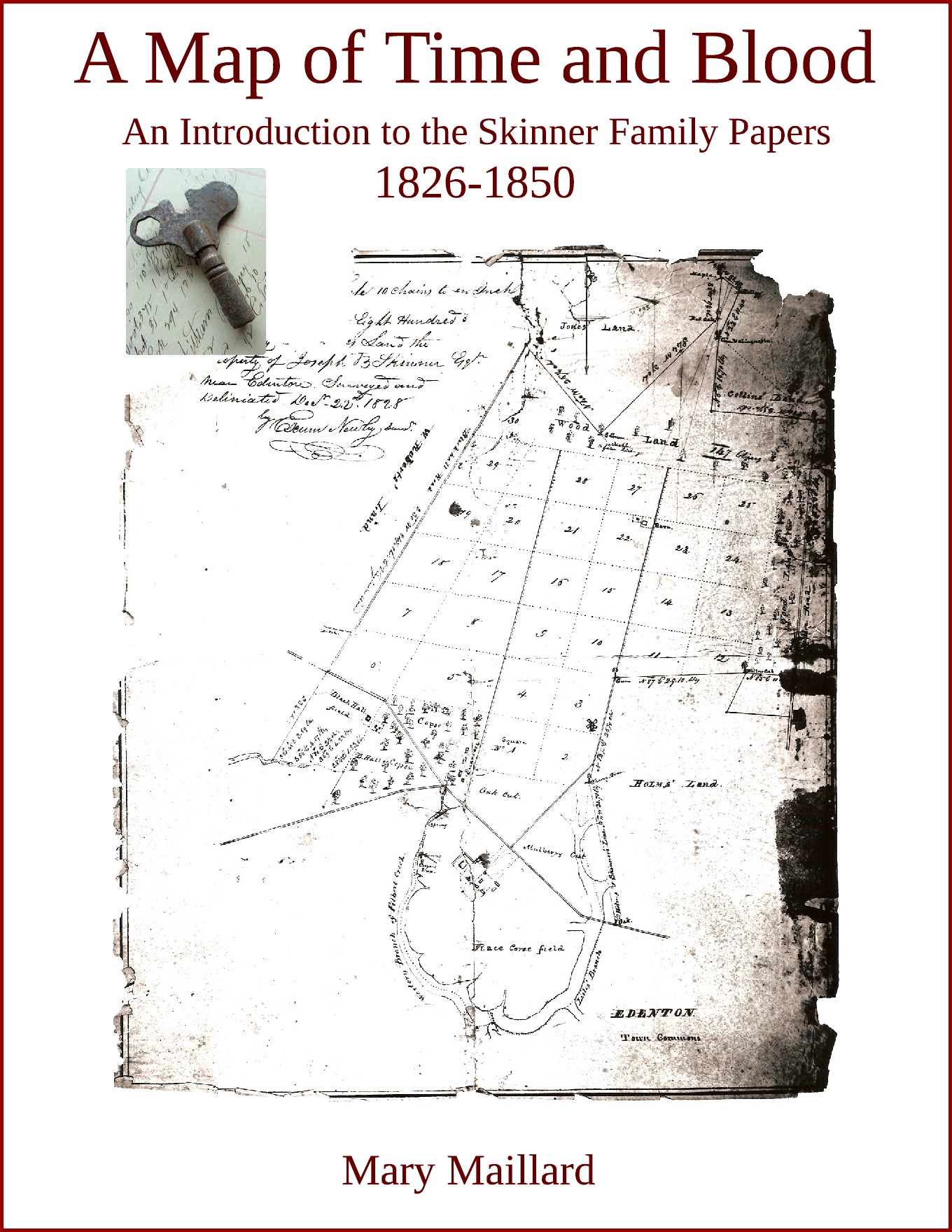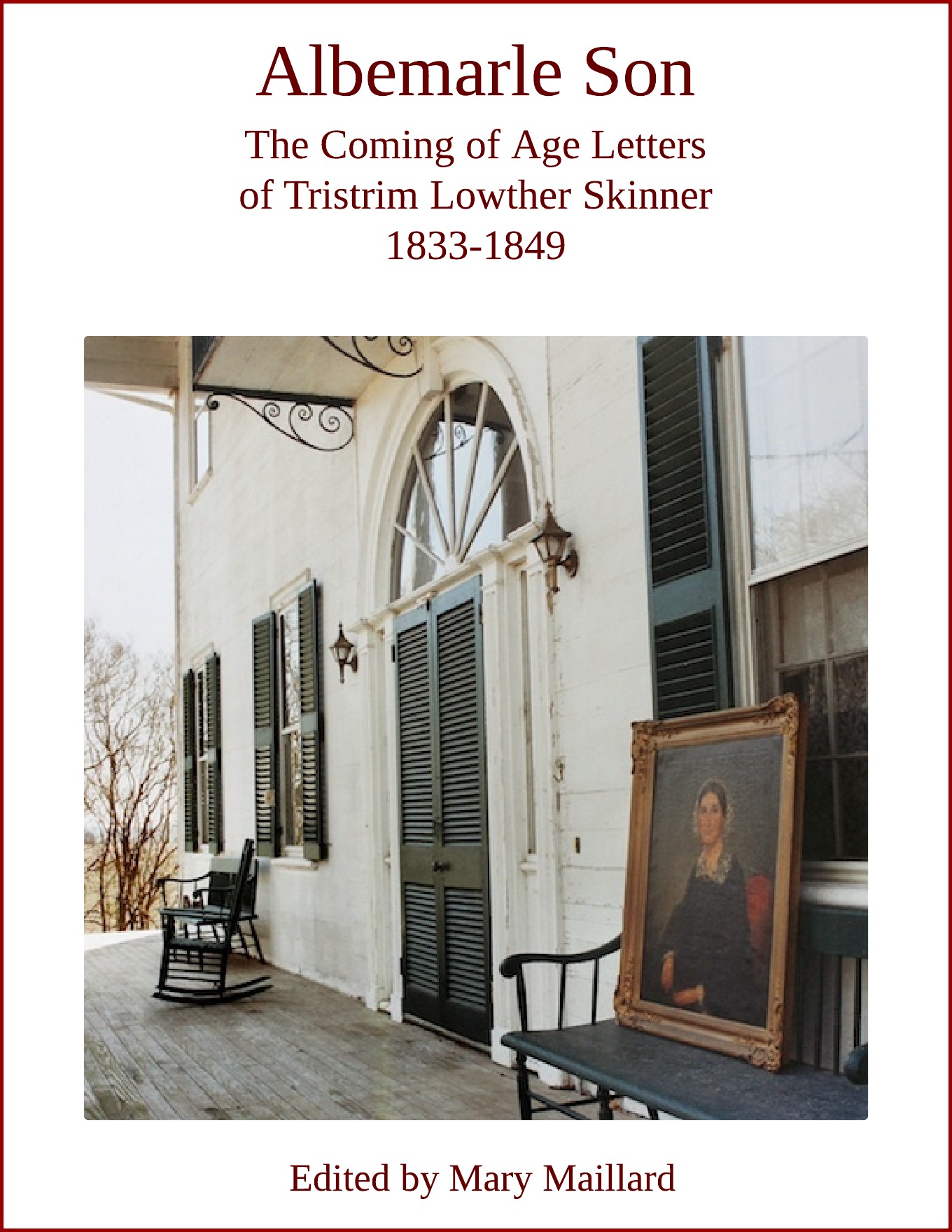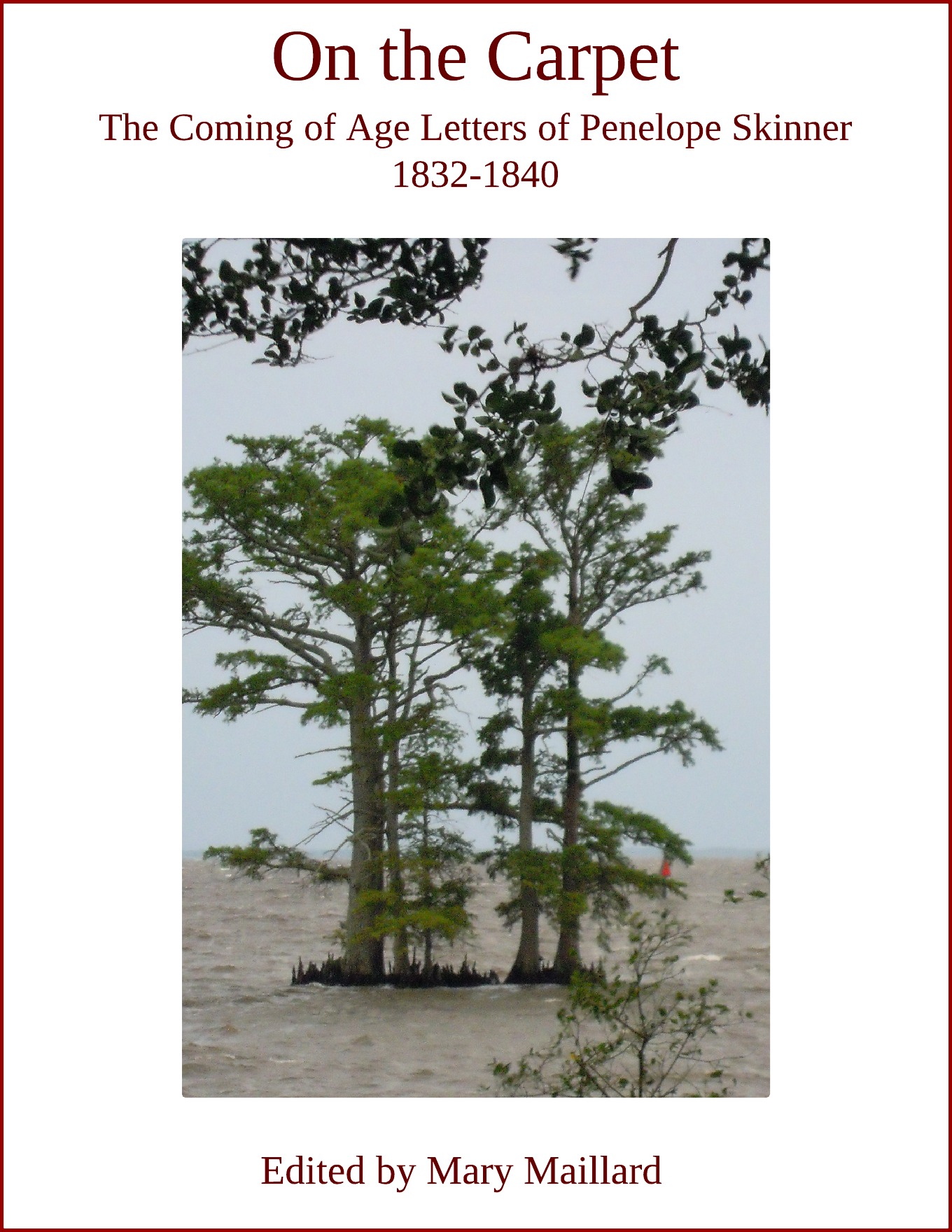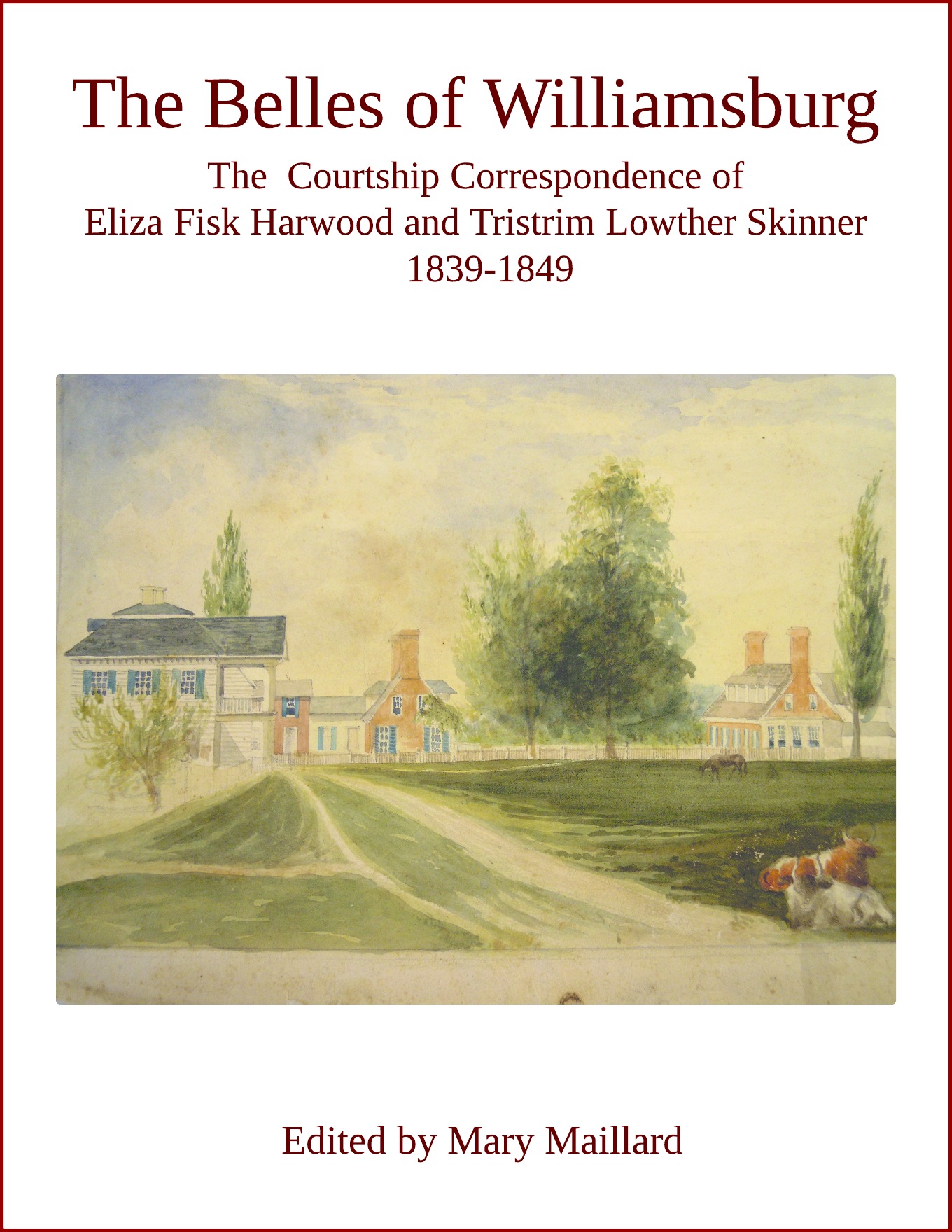Eliza, since the day when first,
I saw thy lovely form and face;
My heart has lived upon they love,
And with my growth, has grown apace.
And though stern fate has shaped my course,
Through paths with rocks and thorns thick strewn;
My love for thee mid grief and pain,
No doubt, nor wavering has known.
Still you know well how sad for me,
Were change which short years brought forth;
Proving that young Love’s brightest smiles,
N’er last long, and are little worth.
Then, like the weary mariner;
When stormy clouds around him rise;
Shutting out e’en the star of hope,
From his care worn, yet searching eyes —
Who, while he gives up all as lost,
Will hope, through hoping against hope;
That some bright change will bring him strength
Gainst his misfortune yet to cope.
So I, without one ray of light,
Whereon to base my hope the while;
Mid fortune’s darkest frown still hoped,
To see that frown change to a smile.
And though kind friends, and nature, oft
Tried hard my constancy to shake;
They found my heart by fetters bound,
Too strong for earthly strength to break.
The bonds of love, when early forged,
And bound to hearts both young and true;
As years roll on, increase in strength,
And time cannot their links undo.
Eliza, years ago, I felt
That my heart thus was bound to thee;
And that while you should single live,
I n’er could hope to see it free.
Fair forms, around me flitted, oft,
With hearts as pure as heaven above;
Tempting me from my constancy.
I loved them — yet I did not love.
For, what I saw in them to love,
Fond memory showed more bright in thee;
And thus was I more strongly bound,
By the means used to set me free.
Full oft have I, in silence wished,
That thy young heart, when it was mine;
Had been by love, bound with such ties,
As those which chained my heart to thine.
Years fraught with deep distress to me,
Though happy years they’ve been to thee;
Might by us both have then been passed,
In joyousness and ecstacy.
Those who through long and varied lives,
Have seen both storm and sunshine, say
That e’en the darkest night, is oft
Succeeded by the brightest day.
And may not I now truly hope,
That Fate’s dark frown has gone for’er;
And that my future life may be,
From clouds of trouble, ever clear.
Yes — for you’ve promised, my reward,
Shall be that pure and priceless gem;
The heart that I more highly prize,
Than earth’s most precious diadem.
And with your heart you give your hand,
Which joined in mine, I nightly pray;
May through long years of happiness,
Remain as down life’s stream we stray.
And may our hearts be filled with light,
From heaven to guide us on our way;
And may our hands be blessed with strength,
To do our duty day by day. —
Tristrim Lowther Skinner to Eliza Fisk Harwood, September 26, 1848.
Excerpted from Mary Maillard, ed., The Belles of Williamsburg: The Courtship Correspondence of Eliza Fisk Harwood and Tristrim Lowther Skinner 1839-1849 copyright © Mary Maillard.

